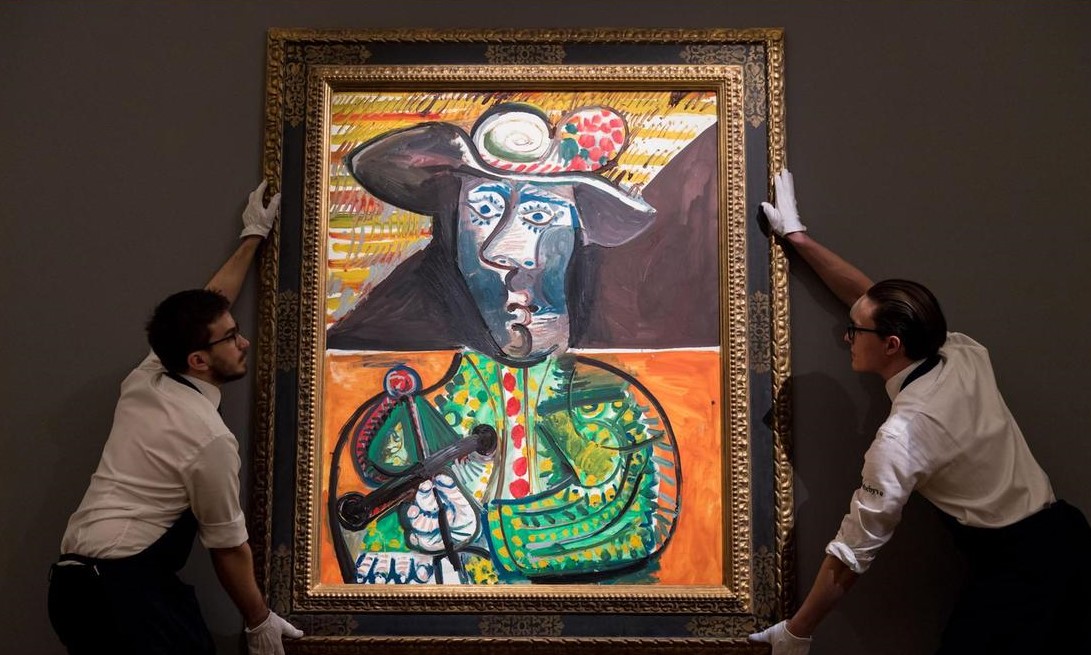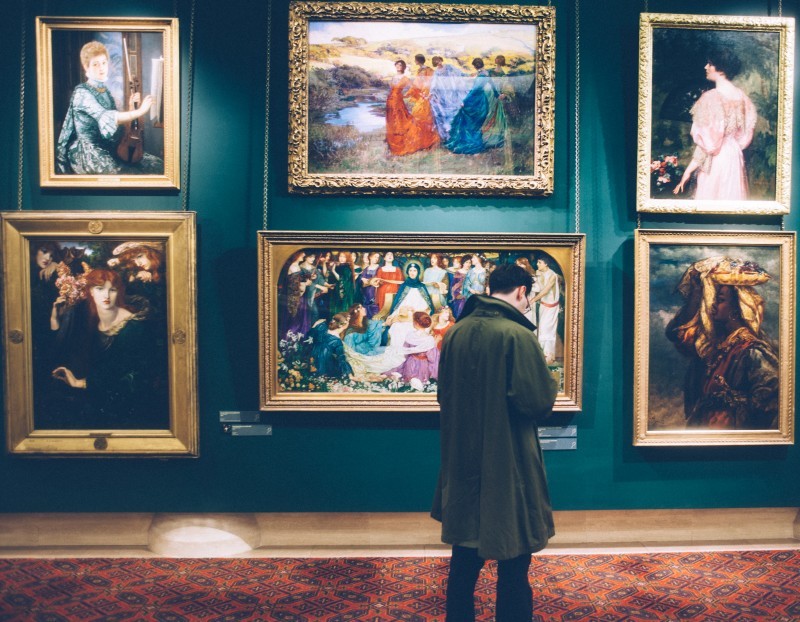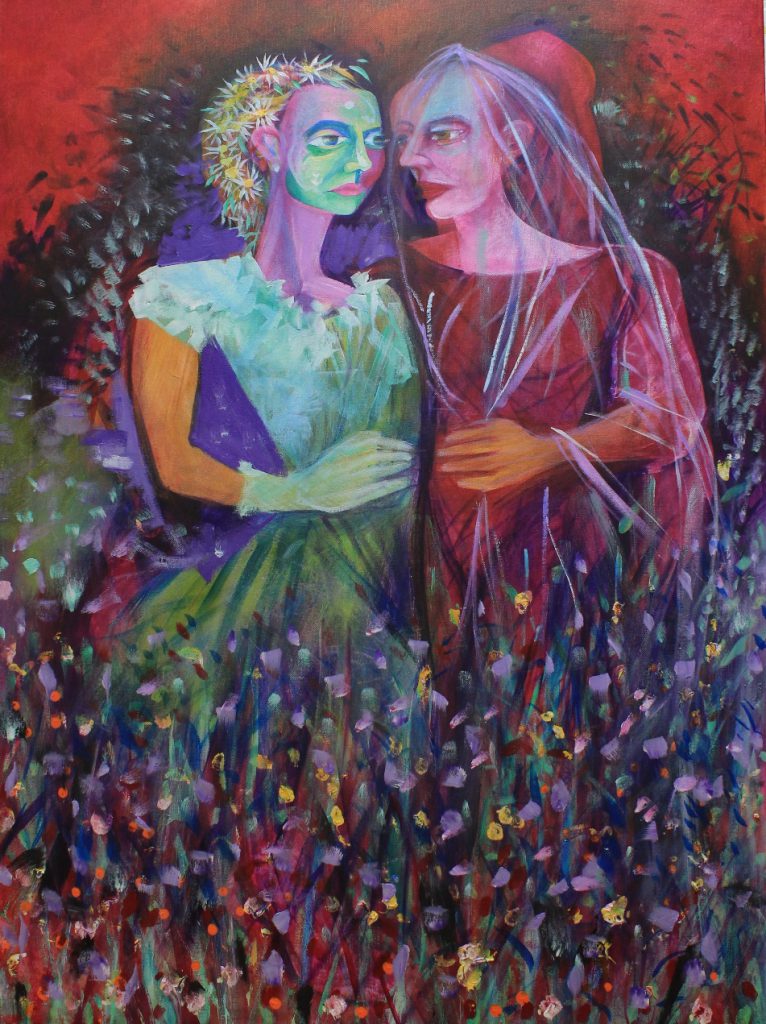If you want to work in the arts, work experience is pretty much essential. Work experience can include a range of opportunities, from work shadowing and volunteering to more structured internships. It’s all useful, and should all go on your CV. One of the most important things about work experience is the insights it gives you, including which area of the sector most suits your skills, as well as what type of organisation you want to work in. There is a big difference between marketing for a small gallery and running educational workshops in a national museum. Luckily, there are lots of opportunities out there for you, and many arts graduates find that volunteering or completing an internship can, in time, turn into a job. Whether you are studying or working, there are ways to fit work experience around your busy timetable.
So, here’s how you go about getting arts-related work experience.
Think locally
Local museums and galleries often have lots of volunteering roles, as well as offering short-term work experience and internships. Many will also have youth programmes (see Ikon’s Youth Programme here) that you can get involved in. Often you can sign up to work on an ad hoc basis, and find roles to fit your specific interests, from conservation to archiving. Don’t discount smaller organisations – if there are less employees you can be given more responsibility and gain real insight into the way the museum or gallery is run.
Think outside of the art box
If you want to curate an exhibition, approach a café, community space or library with a proposal. Don’t be afraid to be entrepreneurial and take the lead – you will be rewarded.
Find artists and arts events
Artist-led societies and grass-root organisations are the perfect place to network. Artists will want to exhibit, and know about arts programmes going on. There are tons of arts festivals and events across the UK, and they always need volunteers. In Birmingham, there are around 50 festivals a year, from SHOUT Festival of Queer Arts and Culture to Flatpack Film Festival. Why not find out more here?
Consider commercial
Have you thought about working in a commercial gallery? The Society of London Art Dealers (SLAD) list their members here. It is worth contacting directly galleries within your field of specialism as many will offer work experience and internships when approached.

Ask an auction house
Auction houses play a major role in determining the art market, and can be a great place to get hands on experience relevant to the wider arts world. Larger organisations have established internship schemes, and local auction houses are often happy to take you on for work experience.
Approach heritage organisations
English heritage offers volunteering opportunities in various roles and across the country. The National Trust also have volunteering and internship positions across the country, and over the next two years are doubling their number of curators. Visit the Heritage Lottery Fund website and you can search their projects, listed by region or by sector, which include ‘Museums, libraries and archives’.
Make a speculative application
You don’t need to wait for roles to be advertised. Where do you want to work? Write to these organisations, expressing your interest, and explaining what you can offer. This is what Harriet Hathaway, now Decorative Art Assistant Curator at Nottingham Castle, did and things turned out pretty well for her!
Use social media
Amongst the social media platforms, Twitter is one of the best for finding work experience. It allows you to access and engage with leading curators, museum professionals and organisations. Join conversations such as #TheCultureHour and #BrumArtsHour, and follow museum and gallery accounts, as they often advertise roles on Twitter and to their followers first. There are also Facebook pages, such as Birmingham Arts Volunteers, which are worth liking for the range of opportunities advertised.
Blog, blog, blog
Blogging…is this really work experience? Absolutely! Managing a blog requires: research, website management, marketing, writing and editing skills. It will also allow you to build up a credible profile as someone engaged in the arts. Make sure you add it to your CV.
Useful websites
My final advice is to steer clear of generic jobs boards and websites. Instead, bookmark the jobs pages of organisations you want to work for and more focused sites, including the following:
– Museum Studies jobs desk, Leicester
– Mediargh
– Antiques Trade Gazette magazine jobs page
– Arts Hub
– Association of Art Historians
Good luck with finding arts work experience!
Need help putting together your CV for an arts job or internship? Head over to my guide How do I write a great CV for the arts here.
Ruth x




One thought on “Careers | Why you need work experience in the arts”